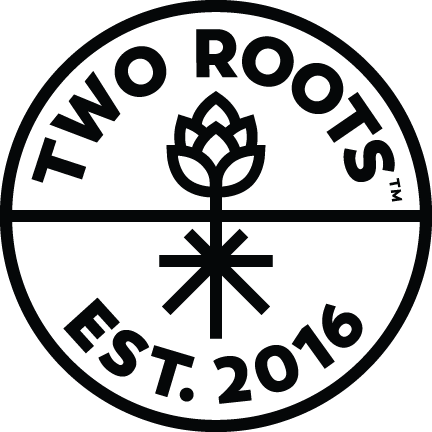Summary – 1 Minute Read.
Mimosa THCa is a sativa-dominant hybrid cannabis strain known for its vibrant citrus aroma and non-psychoactive benefits. The key component, THCa, offers potential anti-inflammatory, neuroprotective, and anti-emetic properties without causing a high unless heated. This strain can be consumed raw in smoothies or salads, used as tinctures for precise dosing, or applied topically. Its rich flavor profile with citrus and tropical fruit notes makes it appealing to those who appreciate flavorful strains.
Cannabis Strain Mimosa THCa
Mimosa THCa is a cannabis strain that has been gaining popularity for its unique properties and effects. This sativa-dominant hybrid is known for its vibrant citrus aroma, which makes it stand out among other strains. The key component, THCa, is the non-psychoactive precursor to THC, offering a range of potential benefits without the high.
What is THCa?
THCa stands for tetrahydrocannabinolic acid, a compound found in raw and live cannabis. Unlike THC, THCa doesn’t produce psychoactive effects when consumed in its raw form. However, when heated through smoking or vaping, it converts into THC.
Benefits of Mimosa THCa
The THCa in Mimosa offers several potential benefits:
- Anti-inflammatory Properties: Research suggests that THCa may help reduce inflammation.
- Neuroprotective Effects: Early studies indicate that it could protect brain cells.
- Anti-emetic Properties: It may help alleviate nausea and vomiting.
💡 Quick Tip: To experience the non-psychoactive benefits of Mimosa THCa, consider consuming it raw or using tinctures.
Flavor Profile
Mimosa THCa boasts a rich flavor profile characterized by strong citrus notes with hints of tropical fruits. This makes it an excellent choice for those who appreciate flavorful strains.
How to Use Mimosa THCa
There are various ways to enjoy this strain:
- Raw Consumption: Add fresh buds to smoothies or salads.
- Tinctures: Use sublingual drops for precise dosing.
- Topicals: Apply creams infused with Mimosa THCa directly to the skin.
Understanding the unique characteristics of Mimosa THCa can help you make informed decisions about how to incorporate this strain into your wellness routine.
Frequently Asked Questions (FAQs):
Question: What does THCa stand for?
Answer: THCa stands for tetrahydrocannabinolic acid.
Question: Does THCa produce psychoactive effects?
Answer: No, THCa doesn’t produce psychoactive effects in its raw form.
Question: How does THCa convert into THC?
Answer: THCa converts into THC when heated through smoking or vaping.
Question: What are the potential benefits of Mimosa THCa?
Answer: Anti-inflammatory, neuroprotective, and anti-emetic properties.
Question: What is the flavor profile of Mimosa THCa?
Answer: Strong citrus notes with hints of tropical fruits.
Question: How can Mimosa THCa be consumed raw?
Answer: Add fresh buds to smoothies or salads.
Question: What is a precise dosing method for Mimosa THCa?
Answer: Use tinctures with sublingual drops.
Question: Can Mimosa THCa be used topically?
Answer: Yes, apply creams infused with Mimosa THCa directly to the skin.
Helpful Links:
- Leafly – Provides detailed information about the Mimosa strain, including its effects, flavor profile, and user reviews.
- Cannigma – Offers an in-depth look at THCa, its benefits, and how it differs from THC.
- Medical News Today – Explains the differences between THCa and THC along with their individual health benefits.
- Project CBD – Discusses the science behind THCa and its potential therapeutic uses.
- Weedmaps – A comprehensive guide to understanding THCa and how it can be used medicinally.
- Healthline – Highlights the health benefits of consuming cannabis in its raw form for accessing THCa.
- Herb.co – Reviews the Mimosa strain, focusing on its aroma, flavor, and overall experience.
These resources offer a well-rounded understanding of Mimosa THCa’s properties, benefits, and usage methods for both new and experienced users.
Definition:
- Cannabis: A genus of flowering plants in the family Cannabaceae, commonly known for its psychoactive and medicinal properties.
- Strain: A specific variety or cultivated type of cannabis plant that has distinct characteristics such as flavor, aroma, and effects.
- Mimosa: A particular strain of cannabis known for its citrusy aroma and uplifting effects, often a hybrid of Clementine and Purple Punch strains.
- THCa (Tetrahydrocannabinolic Acid): A non-psychoactive cannabinoid found in raw cannabis that converts to THC (the compound responsible for the high) when heated through a process called decarboxylation.





